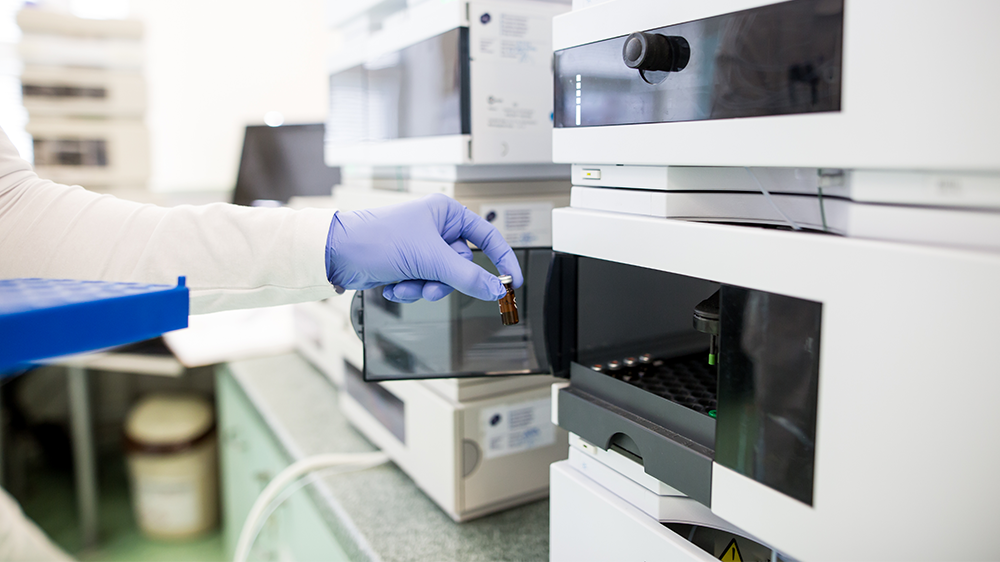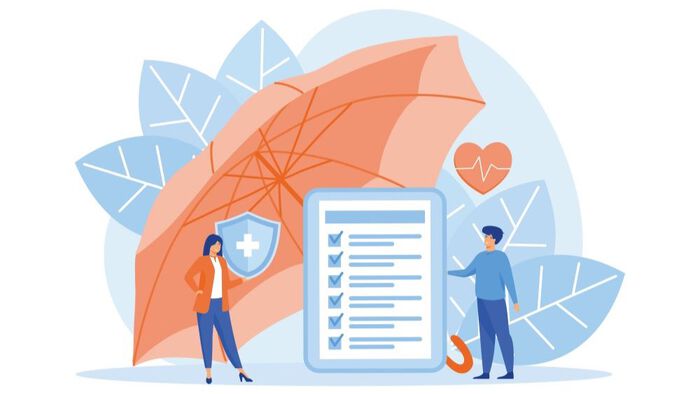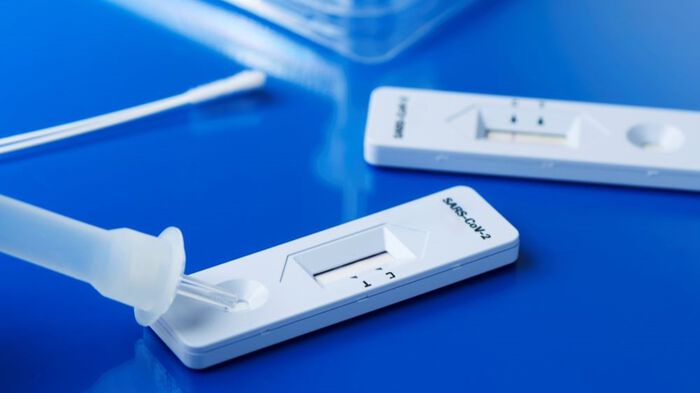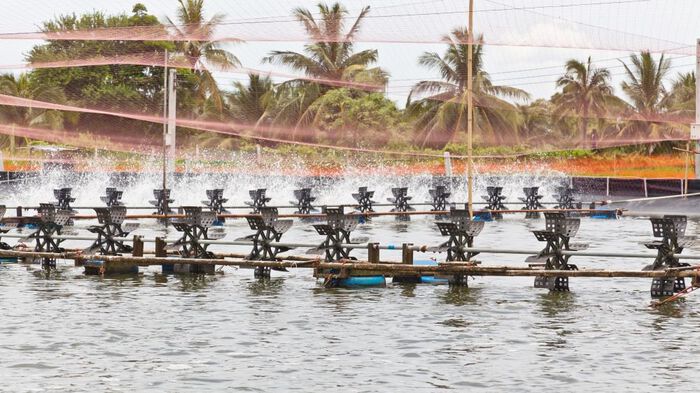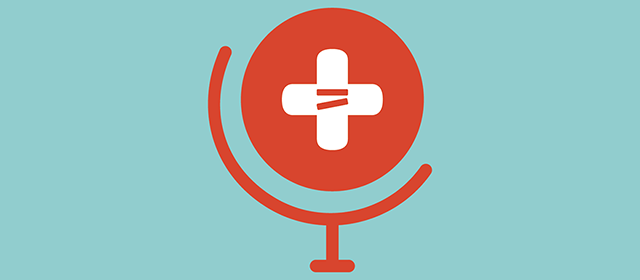‘Crunch’ time is coming at the World Trade Organization (WTO) for a proposed waiver of patents and other intellectual property rights on vaccines, treatments, diagnostic tests and devices needed to fight COVID-19.
After more than 12 months of negotiations, the waiver proposal, first tabled by India and South Africa in October 2020, is now supported by more than 100 of the WTO’s 164 members. But the continued opposition of a handful of rich countries – notably the EU (particularly Germany), the UK and Switzerland - could prevent agreement in time for the WTO Ministerial Council meeting commencing 30 November, jeopardising the chances of the waiver ever becoming a reality.
The waiver is a central plank of efforts to correct inequities in access COVID-19 vaccines, therapeutics, and other products and technologies.
Why is a waiver of intellectual property rights needed?
The waiver would apply to key rules in the Agreement on Trade-Related Aspects of Intellectual Property Rights (TRIPS), which requires WTO members to provide patent protection for at least 20 years for new inventions, along with a slew of other intellectual property rights. These rules make it difficult or impossible for developing nations to provide COVID-19 medical products, even where it would otherwise be straightforward to manufacture them.
While TRIPS provides for exemptions, these provisions can be onerous and time-consuming. They apply only to patents, and don’t free up the rights to the information about the manufacturing process needed to make the vaccines and complex biological treatments such as monoclonal antibodies.
The TRIPS waiver would enable companies anywhere in the world to freely produce covered COVID-19 health products and use technologies without fear of litigation over infringing patents or other intellectual property rights. This would enable the global supply of these products to be quickly scaled up.
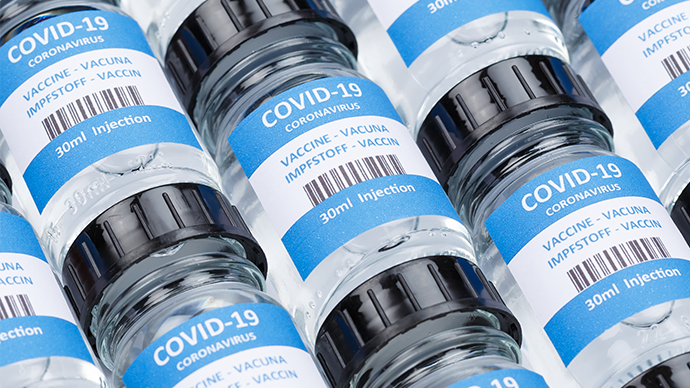
Currently, access to COVID-19 products is highly inequitable. Most readers will be familiar with the yawning gap between high-income and low-income countries in access to vaccines: by August 2021, 80% of the doses that had been administered were in high or upper-middle income countries, and while high-income countries averaged one dose per person, low-income countries had only administered 1.5 per 100 people, according to the Director-General of the World Health Organization.
Promising COVID-19 therapeutics are now coming onto the market, but can be priced out of reach of many low and middle-income countries. An example is the antibody cocktail made by US company Regeneron (famously taken by Donald Trump) which has been priced at US $2,100 in the USA and US $820 in India. Another is molnupavir, the antiviral pill developed by Merck & Co which is priced at around US$700 for a course of treatment. While Merck has licensed generic companies to supply 109 lower income countries with lower-cost versions of the drug, many middle-income countries (e.g. China, Mexico, Malaysia) look set to miss out. Meanwhile, rich countries have rushed to stockpile supplies even before the drug is approved for use.
And even diagnostic tests are inequitably distributed, with high income countries averaging 603 tests per 100,000 people, in comparison with 5 per 100,000 in low-income nations, according to the proponents of the TRIPS waiver.
Recently, many high-income countries have been shamed into pledging to share tens to hundreds of millions of vaccine doses. But of the 1.8 billion doses promised so far, only 14% have been delivered to low-income countries.
It is clear that donations will not go far enough – or be delivered soon enough – to correct inequities, and that manufacturing capacity in the developing world will need to be harnessed. Waiving intellectual property rights is a necessary precondition for this to happen.

